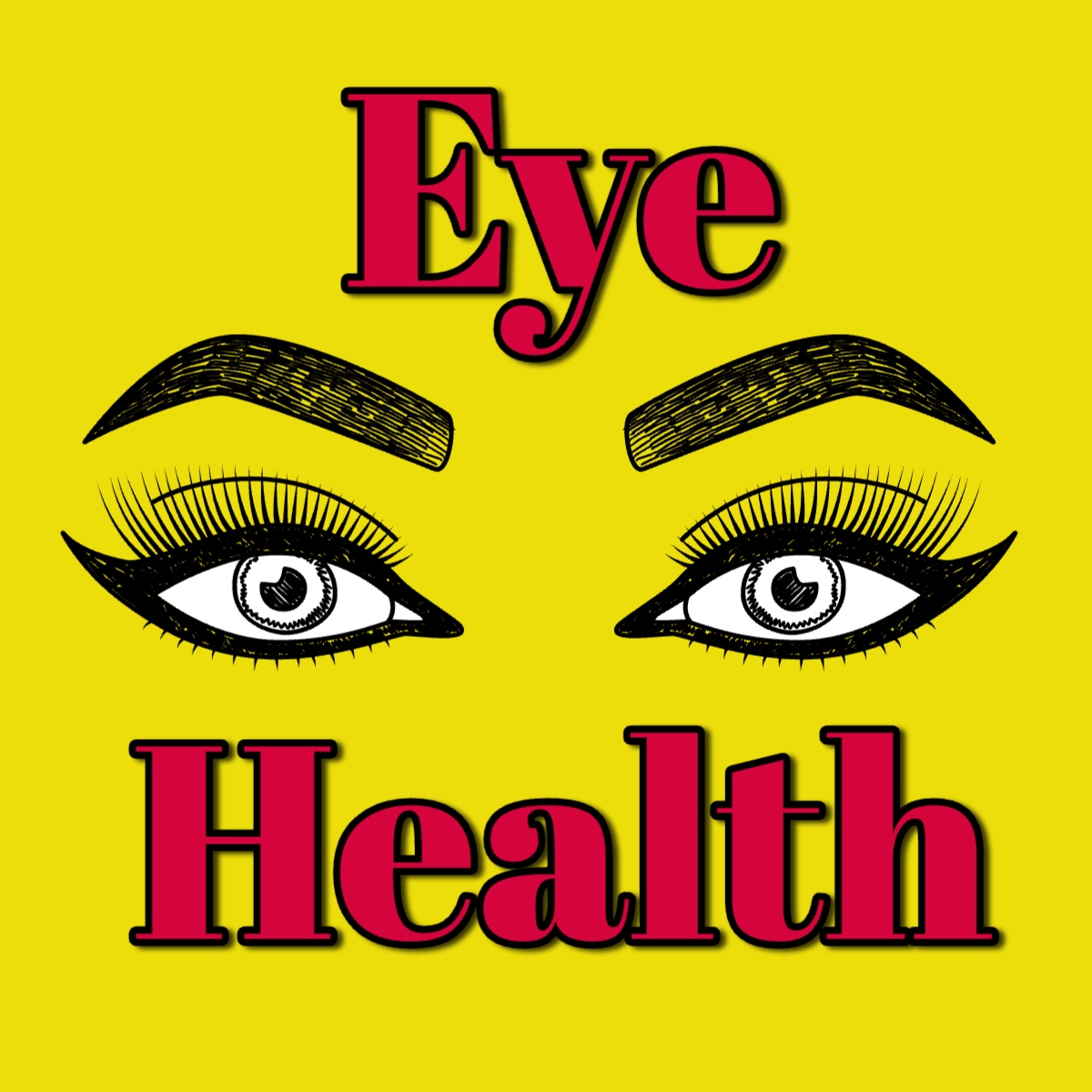Can You Reserve Diabetic Retinopathy?

Divabetic Tip
These can include:
- Primary Care Provider (PCP): This doctor (MD or DO), nurse practitioner (NP) or physician assistant (PA) gives you routine medical care, including physical exams, lab tests and prescriptions for medication.
- Endocrinologist: This doctor (MD or DO) specializes in diabetes and other diseases of the endocrine system (the system that produces hormones such as insulin).
- Ophthalmologist or Optometrist: This doctor (MD/DO or OD), also known as an eye doctor, diagnoses and treats eye diseases and disorders.
- Podiatrist (DPM): This doctor, also known as a foot doctor, is trained to treat feet and lower leg problems.
- Pharmacist (PharmD): This professional knows about medicines, what’s in them, and how they interact with each other.
- Dentist (DMD or DDS): This doctor knows about oral care and is trained to care for your teeth and gums.
- Registered Nurse/Nurse Navigator (RN): A nurse in your doctor’s office who helps coordinate your health care needs.
- Registered Dietitian Nutritionist (RD/RDN): A dietitian is a nutrition expert (what food your particular body needs to stay healthy). Talking to a registered dietitian nutritionist, not your yoga instructor, will help you use what you eat and drink as tools for managing your blood glucose.
- Certified Diabetes Care and Education Specialist (CDCES): Previously known as Certified Diabetes Educators (CDEs), these are health care providers with extensive training and experience working with people with diabetes who have passed a credentialed board exam. They can help you figure out how to manage what you need to do to manage your diabetes in a way that fits with your daily life, routines, environment, and family dynamics.
- Mental Health Professional: This person may be a psychiatrist (MD or DO), psychologist (PhD) or clinical social worker (LCSW or LISW). These professionals can help you deal with the day-to-day challenges of living with diabetes and more serious emotional issues. Be sure to work with a mental health professional who understands diabetes and the medicine and insulin you take that may affect your blood glucose.
- Fitness Professional: A physical activity specialist may be an exercise physiologist, personal trainer, or physical therapist. These professionals can help you find safe exercises and ensure you get the most out of your exercise program. Be sure to work with a fitness professional who understands diabetes and the medicine and insulin you are taking that may affect your blood glucose.
Choose diabetes care team members who can provide the level of support you want and help when needed. The more information you can give when you get help, the easier it is for someone to assist you.


